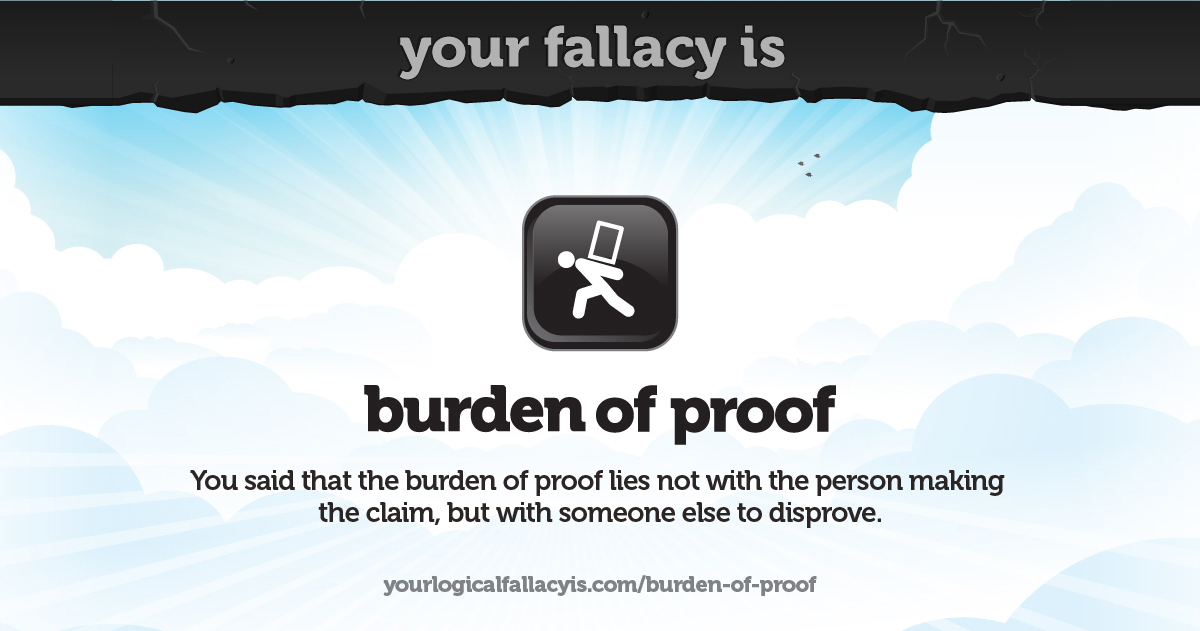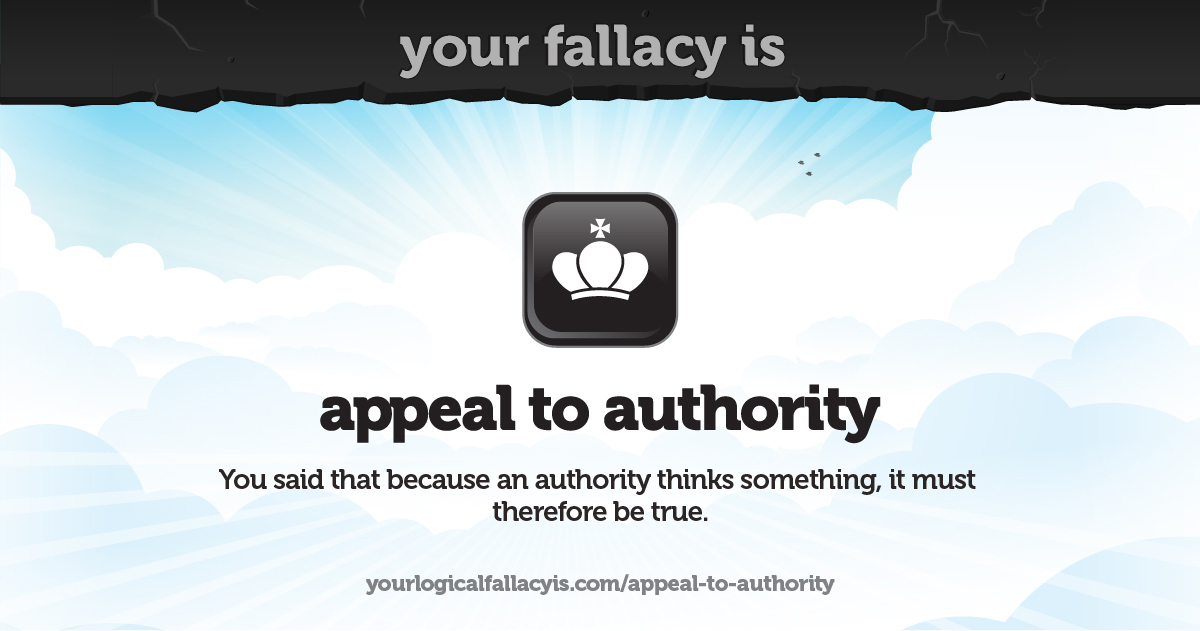Didn’t realize HF boards had so many tax experts. I’m definitely not one. But in lieu of expertise, I will take the word of real experts. So why don’t all the tax experts in here, please explain to someone like Alan
Pogroszewski, the founder, president and CEO of AFP Consulting LLC, which specializes in the tax preparation and consulting for pro athletes, that he is wrong when he says “There is a distinct advantage for those teams that are in states with no tax — always,” said Alan Pogroszewski, who has studied and worked with players on tax matters for more than a decade. “There will always be an advantage.”
Someone tell Former Player Agent and GM Brian Burke the same thing.
Someone tell current NHL GM Mike Grier the same thing who also realizes the No tax advantage is a thing.

www.sportsnet.ca



